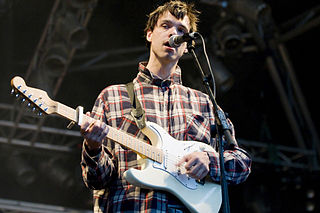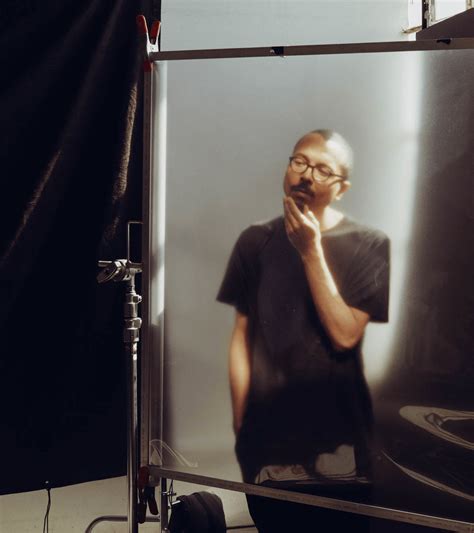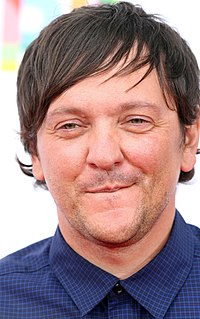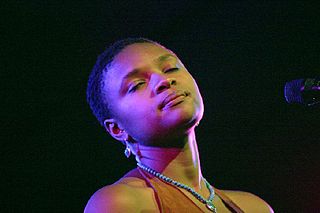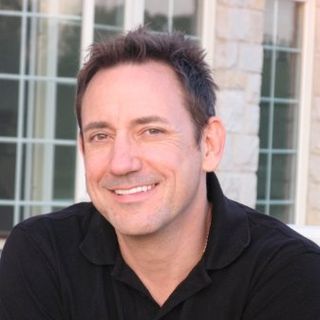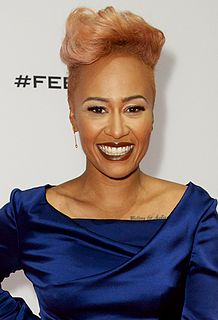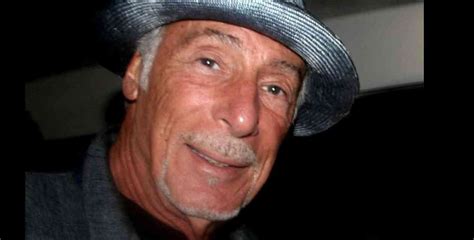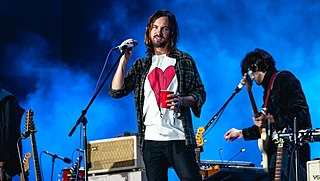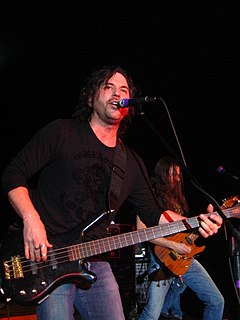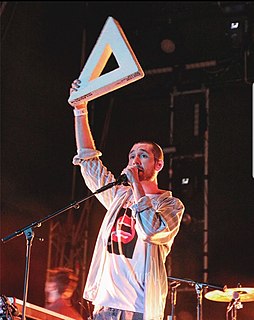A Quote by David Longstreth
There's a certain power in vague language, but I started to get more into the idea of really trying to have a discrete thought in the lyrics and to have songs that were about stuff - to try to make things more coherent.
Related Quotes
I used to do more melodic stuff, and I used to do more actual rap - like traditional hip hop vocals. I think my method of storytelling has led me to this point, at which I want to pare down my style. I think I give the lyrics more thought, and then when I try to perform the lyrics over the track I'll try it over and over again, and eventually the lyrics will sink into the track by the way I project them.
I started doing comedy just as myself, because I thought, "This is what's expected, you're meant to tell stories and do observations." And then I started to realize that I wanted to mix it up a bit, so I started to doing songs, and I had a little keyboard onstage and would bring in little props. Then I thought about the idea of talking about a character and becoming the character onstage. So, it sort of morphed into being stand-up that was more character based, and I found that's the stuff I got the better reaction from and was more exciting for me.
When I'm writing for a book, it's much more reflective process. I have certain things that may not translate well to the stage, but, when they're on the page, people can really get into them. My first two books were aiming to be funnier, but the third was more about deep exploration. Things about being a parent and growing older that I thought would be perfect for a book.
There was things just like not being able to date or - I'm talking like 15, 16 - like just certain things that my friends started to do. Like, they started to get phone calls from girls or like, you know, go and hang out 10, 11 at night, kind of going to the movies. There were just certain things that - it's not that I couldn't do all of those things. It's just that every choice was really deliberate and conscious and thought out and sort of balanced against the religion in a way where I felt - I wasn't necessarily trying to convert at 12 like [my mother] was.
I think on the first album, my aim was to write a good song and have a good melody, and I wanted lyrics that would connect with as many people as possible. On the second album, I took a lot more of a personal approach. I wasn't trying to make conventional, structured songs; I was really trying to get a lot of emotion and my own personal journey throughout it. I just focused more on being honest than getting the normal song structure down.
As a song writer when I first was aware of the Beatles and started, you couldn't avoid hearing it, not that I, I tried. And what, what struck me was not so much the songs or the part of the songs that, that seemed unique to me were, was more melodic at the beginning than, than the lyrics because they were still talking about, you know, I love you, I don't love you and I need you or don't need you.
I don't even know if I always entirely get what I'm trying to say right away with lyrics. I like a lot of things that are more subtext. I grew up mishearing lyrics my whole life, but somehow there's so much more, too, that's implied in vocal delivery and the music itself and the gestural quality of it.
I take things a little bit more critically now, like, "What did I think I was saying in that song? What is this song about?" I thought the lyrics were incredibly descriptive, and now they sound really cryptic and weird. I'd like to also think that when I listen to songs from Something About Airplanes that I'm proud of my development as a writer. I don't think I was doing anything poorly at that time, but I can certainly see how my writing has changed.
